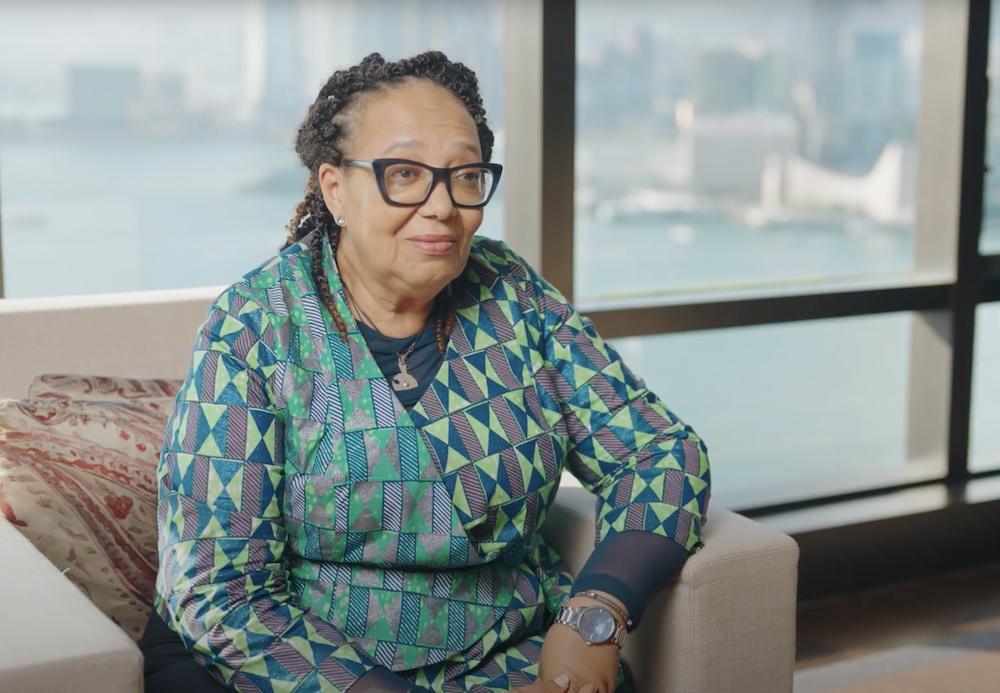English
School disruption, gender biases, costly tuition fees, mental health, new technologies — these are just some of the challenges students face today.
Yet, we see examples of resilient students persevering and thriving in the toughest contexts. The same extends to resilient educators, schools, and systems worldwide, supporting learners through their ups and downs. Building resilience is a shared responsibility.
At the 2024 Yidan Prize Summit on 9 December 2024 — “Future-proofing education: the essential role of resilience” — we’ll explore how we can foster resilience across various dimensions of education.
The Summit will convene a diverse group of education practitioners, researchers, policymakers, and thought leaders to discuss innovative strategies for building resilience in learners, educators, and education systems.
Nurturing resilient learners
Building resilience in learners involves equipping them with essential skills that enable them to navigate an unpredictable job market, unprecedented access to technology, and even a lack of access to quality education. This includes fostering flexibility, critical thinking, and a growth mindset — qualities that empower students to respond effectively to wider crises and recover from personal setbacks.
Perhaps the best way to understand what students need to bounce back from adversity is to hear from learners themselves who have demonstrated resilience in their journey.
At our 2024 Summit, look for:
- A group discussion of diverse young leaders, led by CAMFED CEO and Yidan Prize laureate Angeline Murimirwa, on how students can shape their own futures regardless of their circumstances.
- Our 2024 laureates, Professor Mark Jordans, Marwa Zahr, and Luke Stannard, from ‘Can’t Wait to Learn’ at War Child Alliance, who will reflect on how children can build foundational skills in conflict-affected, resource-constrained regions.
Supporting resilient educators
Educators play a crucial role in fostering resilience among their students and setting the tone in the classroom. But schools across the globe are facing severe staff shortages, putting a strain on the work and overall well-being of our educators. A new UNESCO report estimates that we need 44 million teachers by 2030 to achieve the UN Sustainable Development Goals.
To support educators, professional development programs should focus on building skills in mental health awareness and crisis management. Moreover, creating collaborative networks among educators can facilitate knowledge-sharing and mutual support. By fostering a culture of cooperation and community rather than competition, teachers can learn from each other’s experiences and develop collective strategies for overcoming challenges.
At our 2024 Summit, look for:
- Former NSW Minister for Education the Hon Adrian Piccoli, and Dr Dennis Sinyolo of Education International, who will join educator representatives from Hong Kong to discuss how supporting educators has a ‘trickle-down’ effect on their students’ well-being.
Building resilient education systems
At a systemic level, building resilience requires comprehensive strategies that address vulnerabilities within educational institutions.
This includes investing in infrastructure that can withstand emergencies and ensuring continuity of learning through technology integration. Using what we’ve learned from the Covid-19 pandemic, for example, educational institutions could conduct regular assessments of their preparedness for various scenarios and develop robust response plans as needed.
What’s more, we might consider policies that prioritize funding for resilience-boosting resources, such as mental health services.
At our 2024 Summit, look for:
- Professor Wolfgang Lutz, a demographer and our 2024 Yidan Prize for Education Research Laureate, sharing insights on why investing in education is crucial to global development goals like climate change.
- A panel discussion of policy advisors and researchers, including representatives from international organizations like UNHCR and SUMMA, on bridging the gap between research, policy, and practice in education.
Changing landscapes, steady ecosystems
Now more than ever, it’s time to recognize the importance of education resilience in our rapidly changing world. By nurturing resilient learners, supporting resilient educators, and building resilient education systems together, we can create an environment where all students can turn setbacks into comebacks.
Join us this 9 December for the 2024 Yidan Prize Summit as we explore these themes further with leading experts in the field. Register now: https://yidanprize.org/events-and-news/events/2024-yidan-prize-summit
——
Photo credit: Ahmed Abdullatif Abbadi / War Child Alliance











